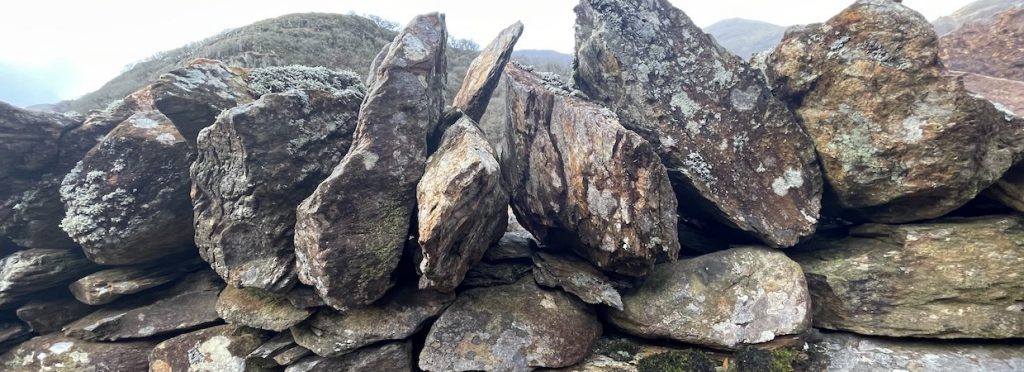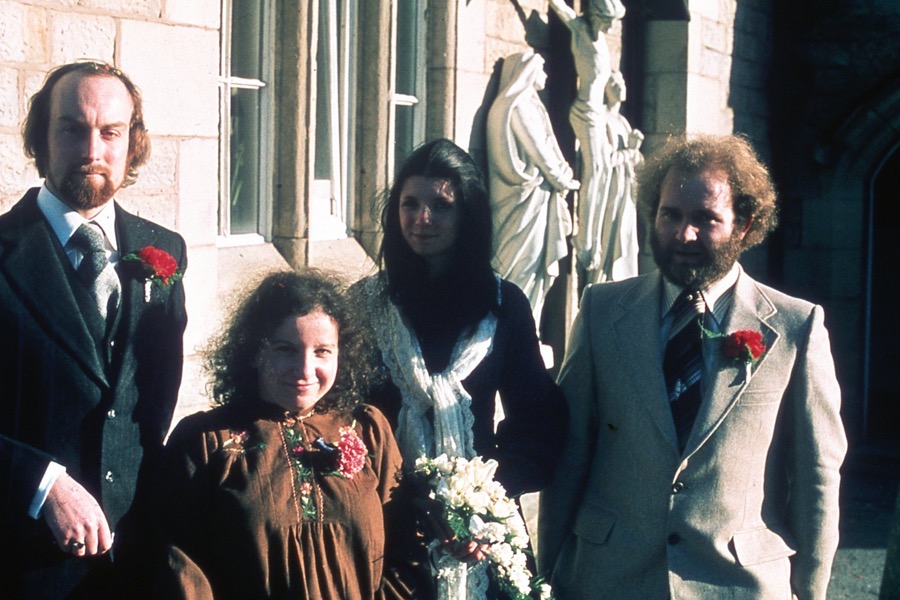Menu

 Byung-Chul Han defines ritual as symbolic techniques of making oneself at home in the world. In anthropology we have seen a shift from Durkheim’s view of ritual as reinforcing collective beliefs and enabling social integration to a view based far more on symbols in which are in a way closer to myths function, but which also provide highly complex forms of communication.
Byung-Chul Han defines ritual as symbolic techniques of making oneself at home in the world. In anthropology we have seen a shift from Durkheim’s view of ritual as reinforcing collective beliefs and enabling social integration to a view based far more on symbols in which are in a way closer to myths function, but which also provide highly complex forms of communication.
Deacon, in Symbolic Species talks about it as “the process whereby some behaviour became progressively modified and specialised for its communicative function”. He sees ritual as key in human evolution and talks about ritual repetition of the same actions allowing people (he did the experiments on apes) to shift from “explicit and concrete sign object associations to implicit sign-sign associations” and this in turn allows to discover higher meaning in the mundane. He also makes the critical point that “the more difficult the social symbolic problem – either because of intrinsic conceptual difficulties or because of the intensity of the countervailing social forces that must me mediated – the more likely that highly ritualised means will be required to establish appropriate symbolic responses.”
Social rituals, such as marriage (mine in 1978 is pictured) are used to trigger changes in identity and expectation. I’ve argued for years that one of the mistakes in Vatican II was to abandon the Latin Mass (although I was in favour of the emphasis on peace and justice and the general reforms) as it provided a uniting ritual, focusing on the vernacular seemed very Protestant and would result in a loss of identity. Ritual for me has always been more important than words. And the whole issue of the symbolic and abstract is central to the field of naturalising sense-making and anthro-complexity. If communication is in part (or possibly in the main) non-verbal, or not articulated then it fundamentally impacts on how we make decisions. Remember when I talked about habits, I talked about their role in reducing energy cost, and also repetition for habituation. So habits and rituals are closely tied together and in practice may be difficult to distinguish, The good news, as we will see when we get to mapping, is that the distinction is not especially important in terms of management.
I’ve often referenced the process of knowledge acquisition and validation in the Craft Halls and Guilds that arose in the Middle Ages, although they have a longer ancestry. You joined as an apprentice within the house of a Master Craftsperson and if you made progress would be make the ritual transition to the role of Journey(wo)man in which enhanced role you also did much of the teaching of apprentices and could sell your own works. In some Crafts this involved walking the tables and you sat and ate at different tables and dressed differently. Some Journey(wo)men would make the transition to Mastery in their own right generally through the execution of a Master Work, accepted by their peers. Knowledge in those environments was not static. Within the three stages people shared stories and experiences so the Craft as a whole was a living developing entity. Sometimes a new Craft would be created, and you had to be pretty sure of yourself to to that as acceptance by the wider community might be difficult. As in any human system benefits always come with a downside. But ritualised entry into a new status and identity was important including creating expectations appropriate to status. We’ve lost some of that, and these days every apprentice thinks they can claim mastery by shallow skimming Wikipedia!
In a range of projects I’ve worked from the hypothesis that ritual is a method of changing cognitive activation patterns. If you want people to see the world differently, or behave differently, then ritual is a powerful technique. It can shorten the process of habituation. Ritual is in the main community based although we all have individual practices. I have a whole routine with my wrists before I go on stage for a keynote and I feel differently at the end of the process. At an Agile conference in Lisbon some years ago I had to put on a Dinner Jacket for the first time in years and by the time I had finished I perceived myself in a different way, and all the players at their dinner acted in a very different way in that formal garb from the more casual dinner the night before. Rites, rituals, habits are all ways in which we influence attitudinal and identity shifts both temporary and semi-permanent in nature.
It follows that the conscious design of rituals is a part and parcel of organisational design. Knowing what exists, and what is possible to development will of course be a part of that process. You can’t just issue an organisational chart or a new mission/purpose/values statement, you also have to think about the symbolic aspects of what you are doing, and you have to manage those. So my next few posts will examine ritual in more depth.
The banner picture is of one of the stone walls that are part and parcel of the land around Eryri, both linked to farming and to the mining industry. This picture was taken on the descent of Cym Bychan. It is a walk I hadn’t done before, and I combined it with an initial path along side the river in the Aberglaslyn Pass to Beddgelert and its outflow in Llyn Dinas before striking south to Grib Ddu.
Given I’m talking about ritual I thought I would share a picture of my own marriage back in 1978 at the Roman Catholic Church in Galgate next to Lancaster University. The sequence from left to right is myself, Maid of Honour Judith Holman, Sheila the bride and then Bernard O’Neill who was Best Man. We’ve lost touch with both so if anyone knows of them …
Cognitive Edge Ltd. & Cognitive Edge Pte. trading as The Cynefin Company and The Cynefin Centre.
© COPYRIGHT 2024

I was thinking this morning that in an earlier post in this series I hadn’t ...
If you are of a certain age you will remember reciting your times tables in ...